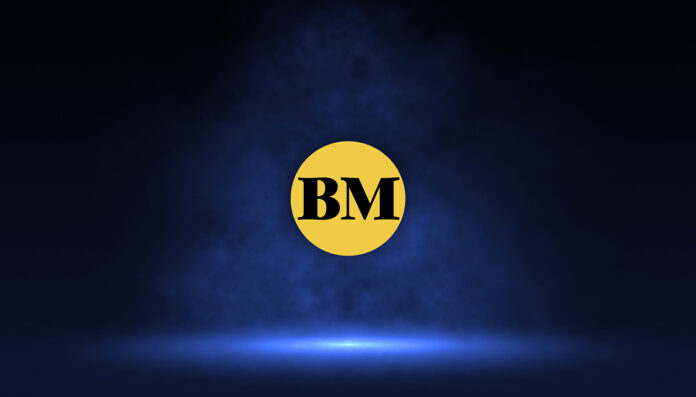
PROVIDING digital financial solutions and online connectivity is the emerging key to the recovery of micro, small and medium enterprises (MSMEs) in the face of the country’s economic and health crises.
This is according to the study conducted by local nongovernment organization Restart Microenterprise Inc. (RestartME), together with the Bank of the Philippine Islands Foundation, BPI Direct BanKo, and social impact expert group FSG, Inc.
The multi-sector research study was conducted from November 2020 to January 2021. It evaluated the end-to-end business impact of the Covid-19 pandemic on MSMEs and identified solutions to assist them amid these challenging times.
Five key solutions were identified by the study to help MSMEs in their road to recovery and
resiliency.
These include supporting pivot to resilient, sustainable business models; recovery and resilience financing innovation; scaling up digital adoption; resilient supply chain innovation and incubation; and, MSME resilience metrics, scorecard and tracking.
The study showed that both food and non-food MSMEs largely benefited from online marketing and e-commerce and largely spurred recovery after movement restrictions affected their business in 2020.
Online platforms like Shopee and Lazada spurred sales, while same-day delivery services such as Grab and Foodpanda were also leveraged by restaurants, groceries, and stores to extend their delivery services. The study also noted that MSMEs who recovered utilized digital payment channels and mobile wallets such as G-Cash and Paymaya.
However, the study also showed that most of the surveyed neighborhood sari-sari stores, small carinderias, and market stall owners still prefer face-to-face engagements and have yet to fully adopt end-to-end financial technology solutions.
Moreover, “despite the promising development in the acceleration of e-commerce and digital payments during the pandemic, trade activities and transactions were still heavily concentrated in the cities.”
In 2020, a study from the Asian Development Bank showed that MSMEs in the Philippines receive the least volume of bank loans compared to their counterparts in peer nations.
In 2019, the Philippines’ $11.6 billion MSME bank loan pales in comparison with Thailand’s $218.2 billion, Indonesia’s $79.9 billion, Malaysia’s $68.1 billion and Singapore’s $56.85 billion (as of end-June).
Data also shows that the Philippine MSME bank lending has been consistently lagging among its peers since available data starting 2011. This is despite the passage of Republic Act 9501 in 2008 where banks are mandated to allocate 10 percent of their total loan portfolio to MSMEs. The law expired in 2018.
Read full article on BusinessMirror

